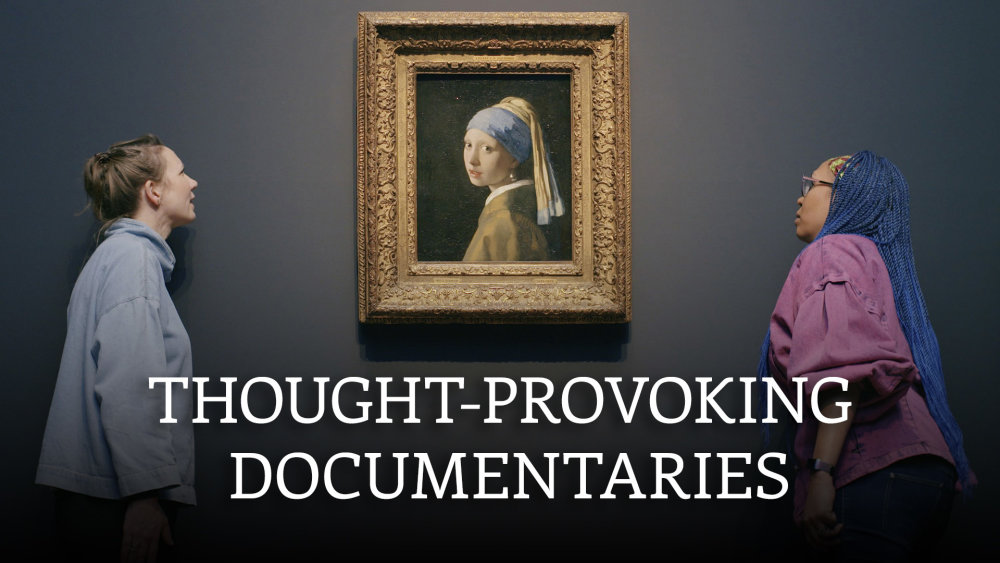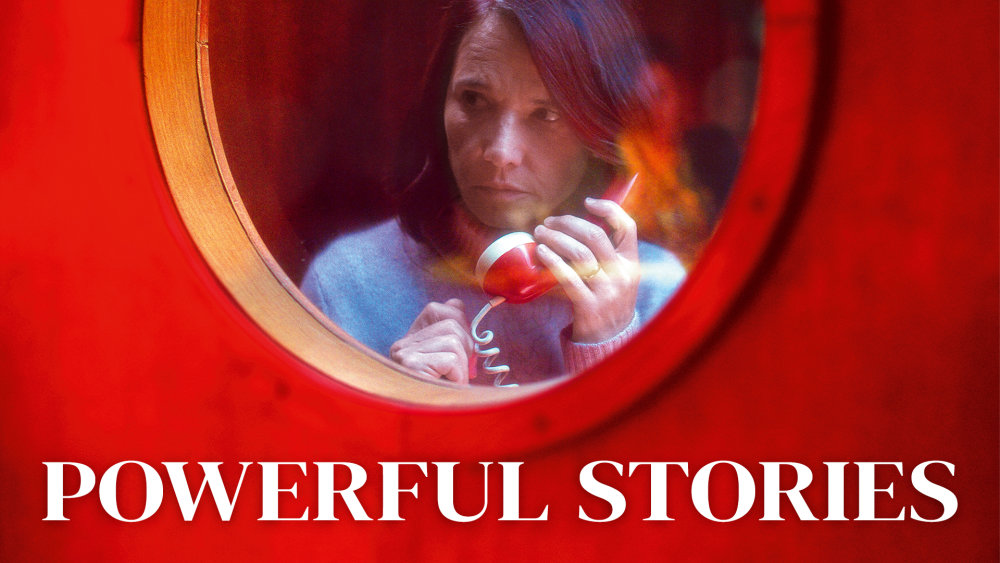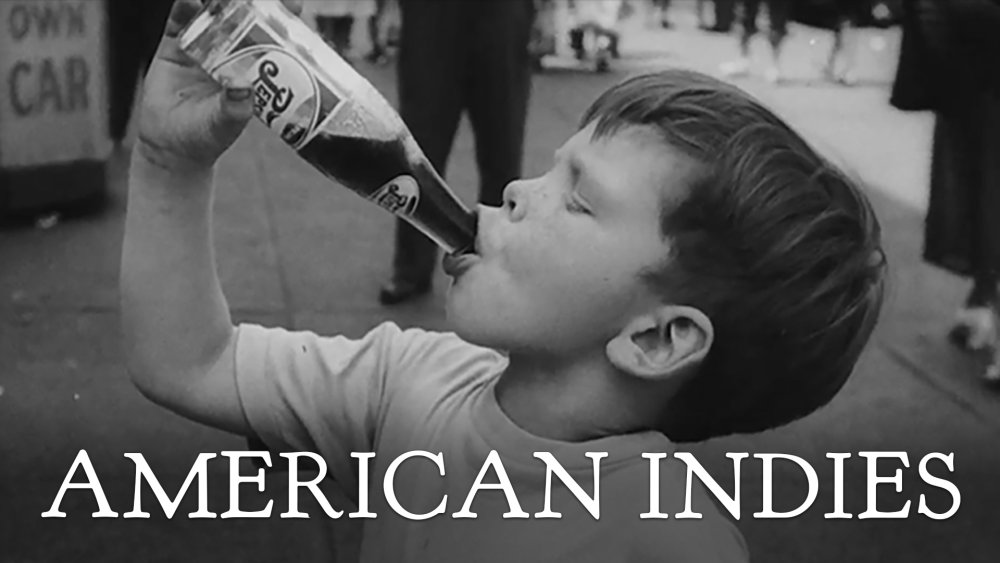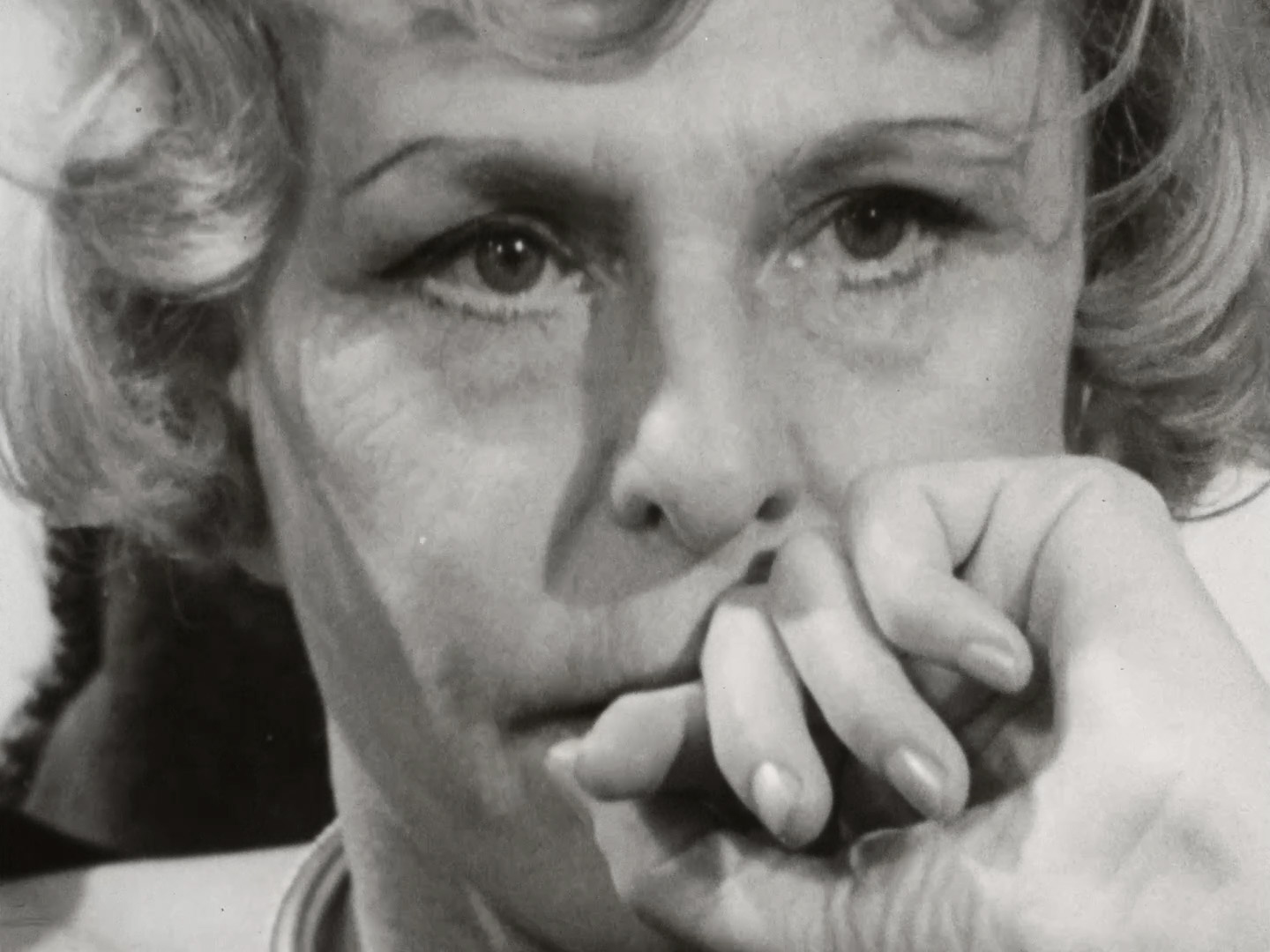
Watch: ‘Riefenstahl’ Is the Final Word on the Life, Work, and Legacy of Hitler’s Favorite Filmmaker

Watch our interview with director Andres Veiel and producer Sandra Maischberger after the article.
She was an award-winning documentarian, part of the Nazi elite’s inner circle, and, according to her, the object of Joseph Goebbels’ obsession. But after WWII, Leni Riefenstahl tried to rewrite her own history, distancing herself from the role that she once relished: that of Adolf Hitler’s favorite filmmaker. Director Andres Veiel’s documentary Riefenstahl resurfaces this history through a vast trove of archival material left behind by Riefenstahl herself, proving she could never truly cleanse her image precisely because she was so obsessed with it. The film paints a complex portrait of an artist whose talent was undeniable, but its more essential message is: so was her complicity.
Commissioned by Hitler and Minister of Propaganda Goebbels, Riefenstahl made several films that became the cornerstone of Nazi propaganda, most notably Triumph of the Will and Olympia, both of which nabbed top prizes at the Venice Film Festival in the 1930s. In a full circle moment, Veiel and producer Sandra Maischberger premiered Riefenstahl at the same festival in 2024. Almost 100 years after the height of her career, and with the help of 700 boxes of archival materials, Riefenstahl has the definitive last word on the life and legacy of the late filmmaker.
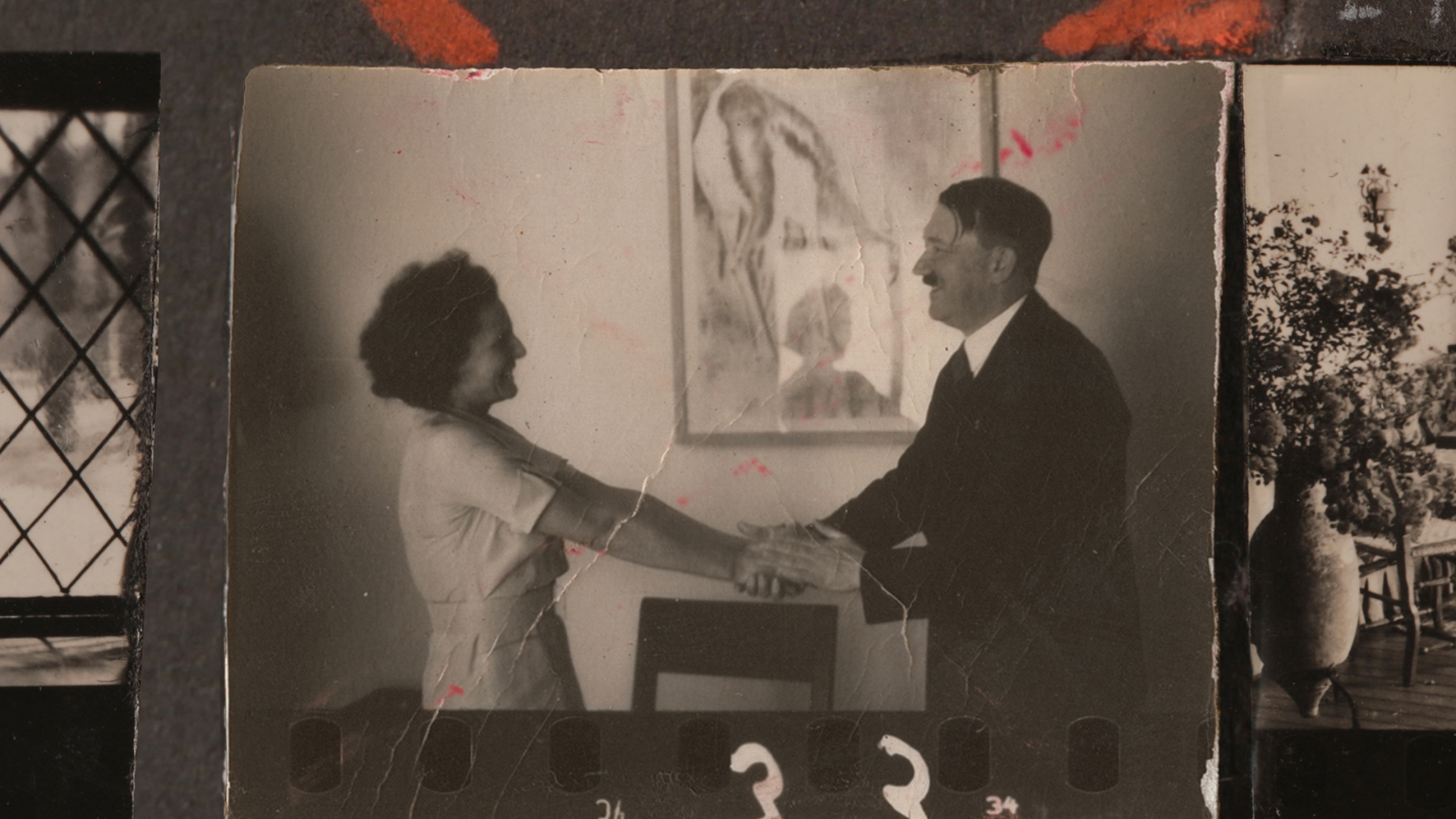
At the crux of the documentary are three burning questions: Was Riefenstahl a fascist? Was she just an artist who became entangled in politics? And what does her story mean for today? “The surprise for me was that we knew she deleted a lot of stuff in her archive,” Maischberger said. “But she left enough evidence for me to answer [these questions].” Riefenstahl spent the latter half of her life trying to downplay her associations with the Nazi party, but her biggest obstacle was her own vanity. Ultimately, she could not disentangle herself from Nazism for two reasons: 1) because, as the mountain of evidence in the film suggests, she was a fascist to the core and 2) scrubbing Nazism from her records would mean scrubbing her achievements, as they were one and the same.
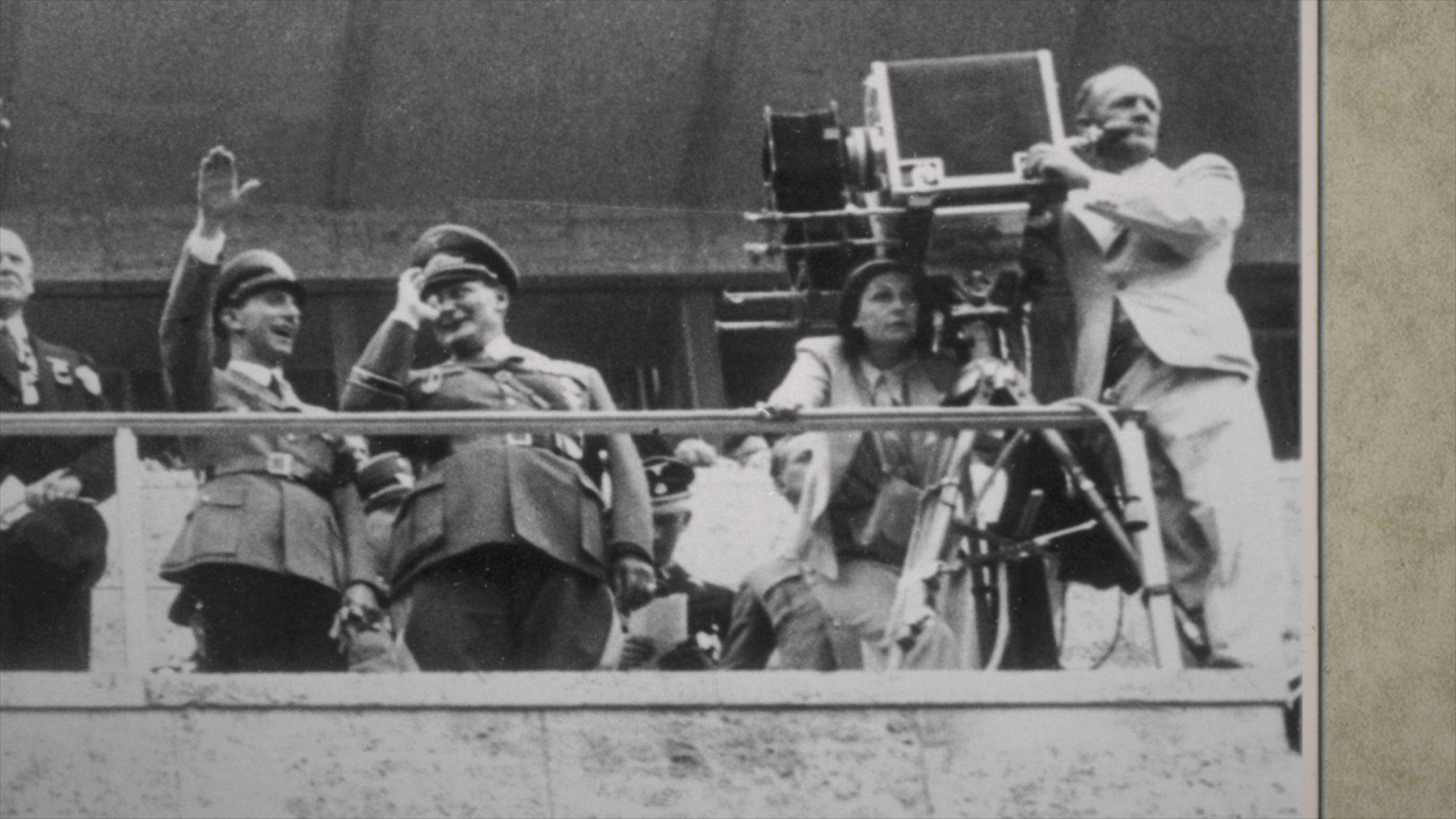
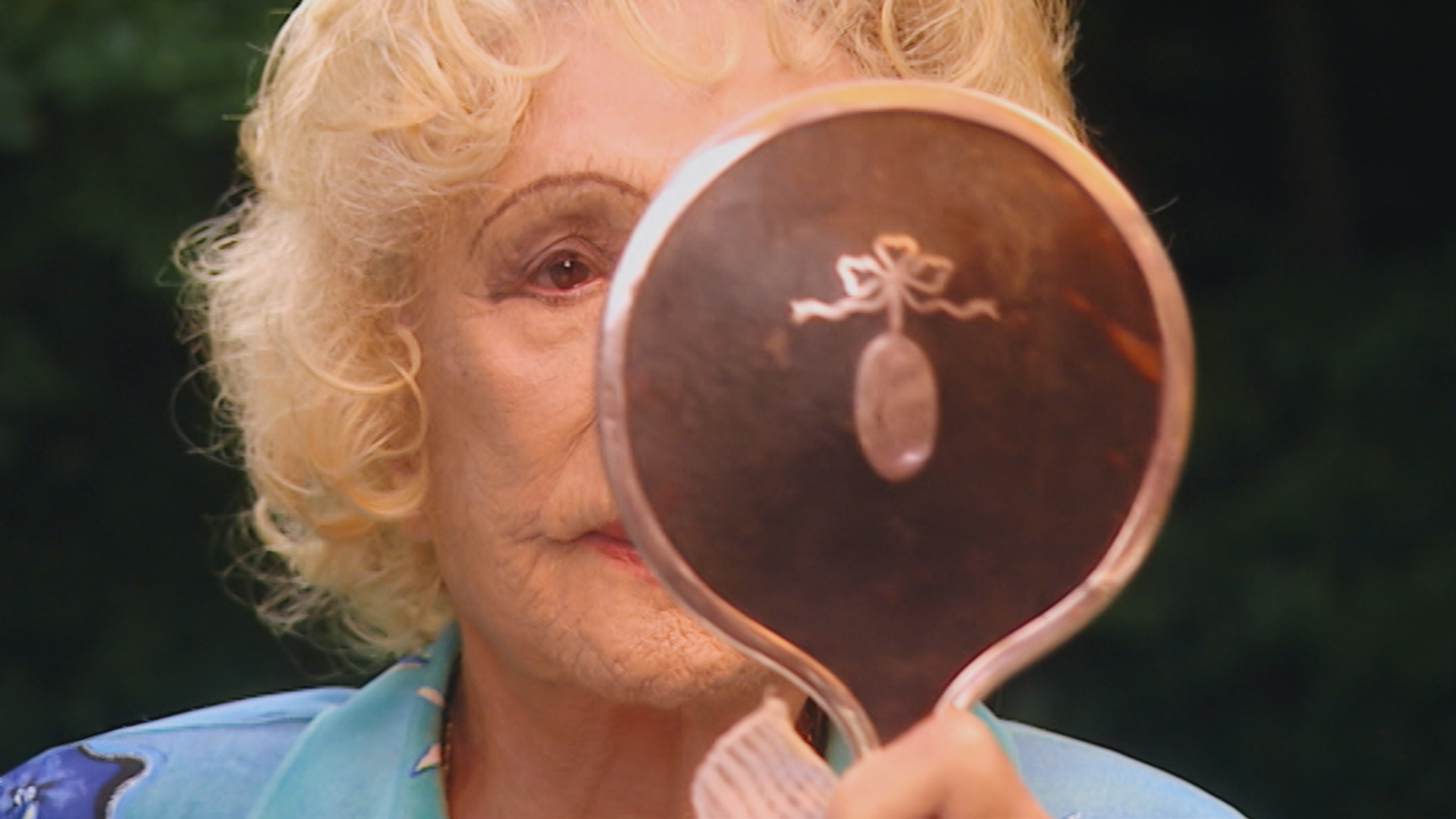
As for the third question: why does Riefenstahl’s story feel more pressing than ever? For Veiel, it’s because the story is not over. Riefenstahl’s generation gave birth to an ideology that has been lying in wait and biding its time. Veiel recalls the last moments of the film, in which a man states in a recorded phone conversation, “It will take one or two generations and then we will return to [fascism],” to which she says, ‘Yes, the German people are predestined for it.” Veiel’s response to these final lines is a haunting one: “It’s a story out of the future.”
Kino Lorber sat down with Veiel and Maischberger to get a glimpse inside the 700 boxes of letters, documents, and phone recordings Riefenstahl left behind, including one item that proved her complicity beyond the shadow of a doubt. Watch our entire interview below.
And be sure to stream Riefenstahl on Kino Film Collection.




